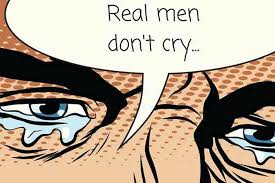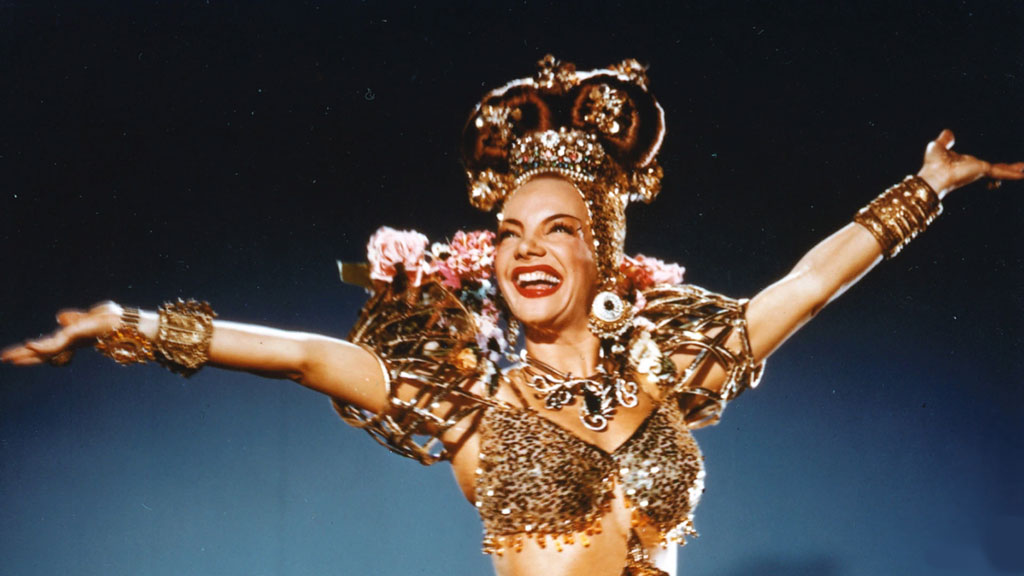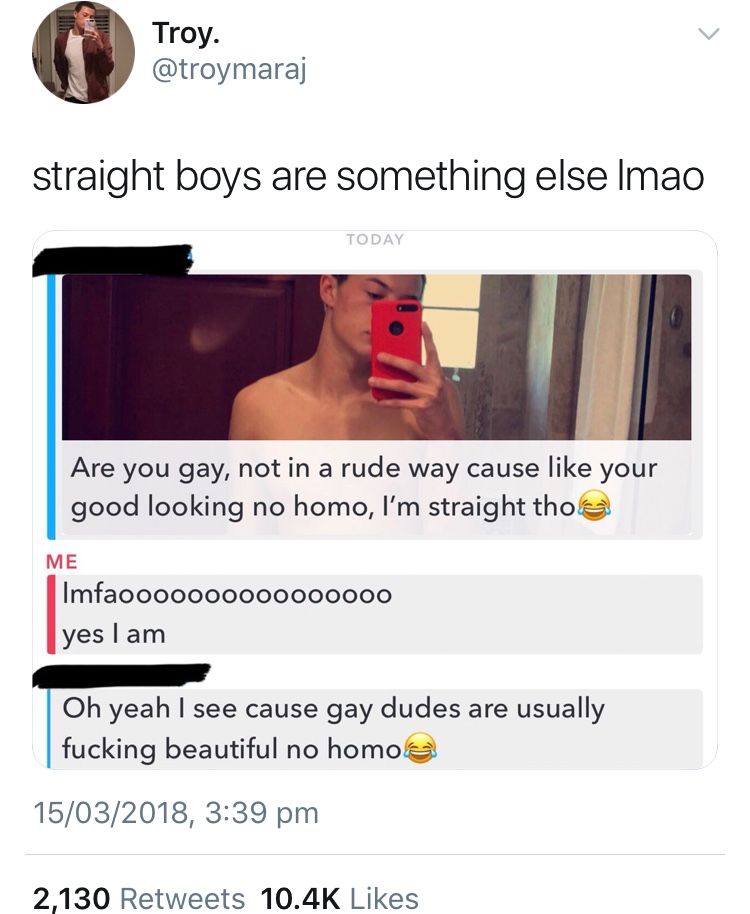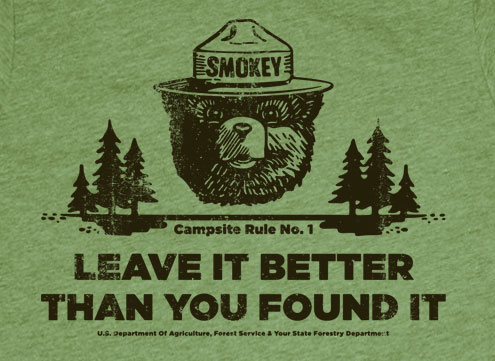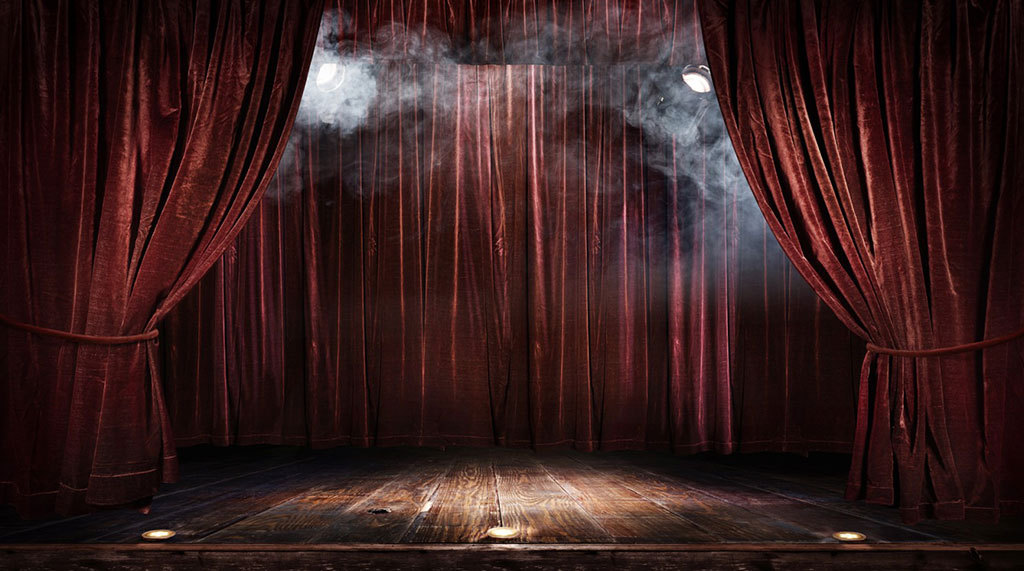
After The Curtain Closes
The day I published my last article overflowed with affirmation. I was unprepared for the incredible high and the hell of a drop following it. Several topics went uncovered in that article, and others considered since.
I know the parts of your past that
Buddy Wakefield
haunt you the most
are the days you weren’t being yourself,
and I know that’s why
most of your past haunts you.
There were so many
who found you out,
and they were right.
You were good.
Therapy writing continues in this episode, perhaps without clear paths between complicated feelings. All of the topics here are related, some in ways that knot my stomach. I’m breaking out my theater kid persona and powering through with false confidence.
Performance & Alienation
Last winter I spent weeks writing an article about the performances we put on for our social structures to function. It described feelings of generalized alienation I’ve labored and failed to explain to loved ones, guidance counselors, and even therapists.
I feel failure when even my closest peers react uncomfortably when I tell them about past performances. No one wants to revisit their memories and have them changed by a new perspective. Confessing feelings of comfort, sympathy, or even shared ambivalence were faked can taint fond remembrances. Even painful recollections have callouses and scar tissue relying on them staying still beneath. I don’t want to cause pain or discomfort, but my weariness of performing grows as I age.
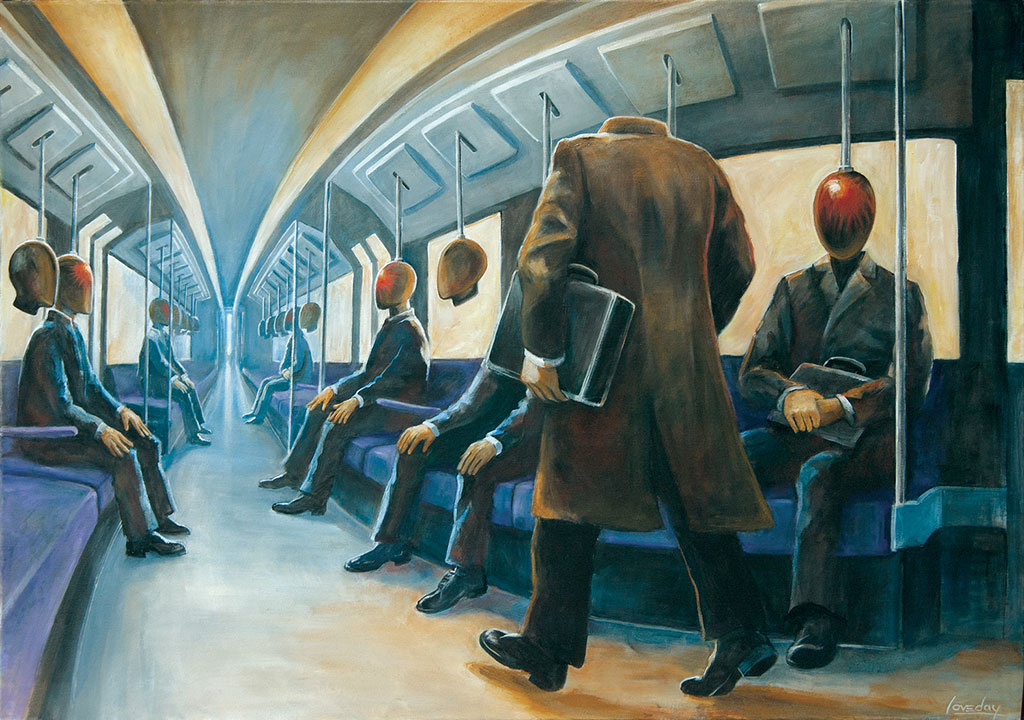
While I may write something in the future to cover more specifics, what matters today is my alienation retreats from sunlight. Sharing my perspective helps me feel less alone. My truth repels some, but only briefly for those who matter.
So let’s talk some real shit about fake shit.
Confidence
American culture demands false confidence. It’s mandatory. We preach “fake it till you make it” without hesitation to consider why we’re okay with that.
I fake certainty constantly in my career. We build and fix things under impossibly aggressive deadlines where our mistakes are visible to millions of customers daily. As a leader, I’m asked about how feasible it is to do things we’ve never done before and rely heavily upon cooperation with other teams or third parties I have no control over. These questions usually come after the people asking them have already committed to quickly approaching deadlines.
We rely on each other in absurd ways. In a conference room Zoom call with four other team leads contributing to the project where the other three panic, I look great if I’m the calm one. Serenity doesn’t always flow from knowing my team can execute — though that is more commonly true in recent years — but from knowing someone else will drop the ball before we do. Of course, sometimes everything works out and our calm demeanor aids us in doing our part.
🥒 Cucumber it is then, since there’s no downside to the poker face. Even when the sky is falling, nobody likes Chicken Little, especially not those who stomp on clouds.
Normativity
Many believe dressing and acting the way I do is frivolous. Some laugh when I discuss how it’s traumatic to be forced to remove piercings, cover tattoos, change our hair, and wear uniforms.
Being stripped of individuality is dehumanizing. Throw me into a blue polo shirt, khakis, and slap a name tag on me and Karen has power over me. She knows my name and I don’t know hers. She sees me as nothing but a utility. The brand I represent matters more than the human beneath.
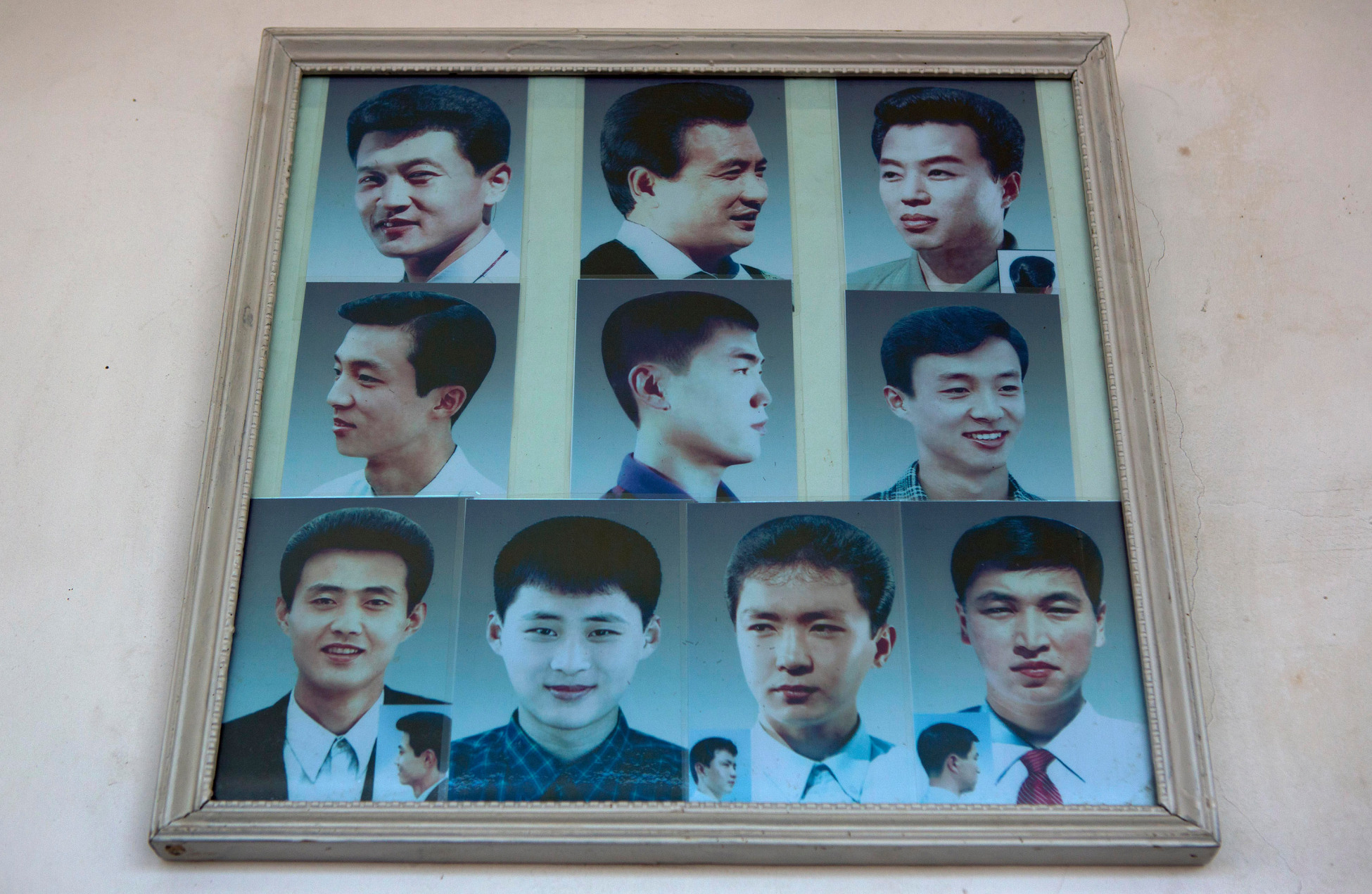
Natural Black hair is policed to sell the idea that blackness isn’t professional or acceptable in the workplace. Tattoos are policed to repress tribal identities or controversial ideas. Many workplaces force people to shave their facial hair, even if they have religious significance.
When I was a teenager piercings were signals of queerness, and my managers would say I needed to remove mine to provide plausible deniability for them. Today there are twenty states where employers can only infer the reasoning, however they’re still allowed to restrict the dress code this way.
Once I got my degree, I swore I wouldn’t wear a nametag again. When I couldn’t hold a job in my field during the 2008 recession, I rolled back to not using my real name on my nametag for a minimum wage gig I needed to get by.
We’re forced to hide ourselves to be allowed to survive. Living as our true selves is a privilege we have to fight for and take when we can. Today I finally work for a company that accepts me fully expressing myself. I hope someday this is no longer a mark of privilege and instead something we can assume anywhere.
Wellness
Walking into the office, a party, or a big family occasion with depression on my face is a sure way to invite deepening. Not selling the poker face well enough can lead to rehashing the negative feelings we’re trying to distract ourselves from in multiple interactions throughout the occasion.
People asking us how we are usually don’t want an honest answer. Even earnest queries answered honestly usually end with impotent shrugs. Most of our problems can’t be solved by a conversation, and well-intentioned questions and concern trolling can be hard to differentiate while in the moment.
One-on-one discussions with trusted loved ones and mental health professionals are usually the exclusive venues for maskless interactions.
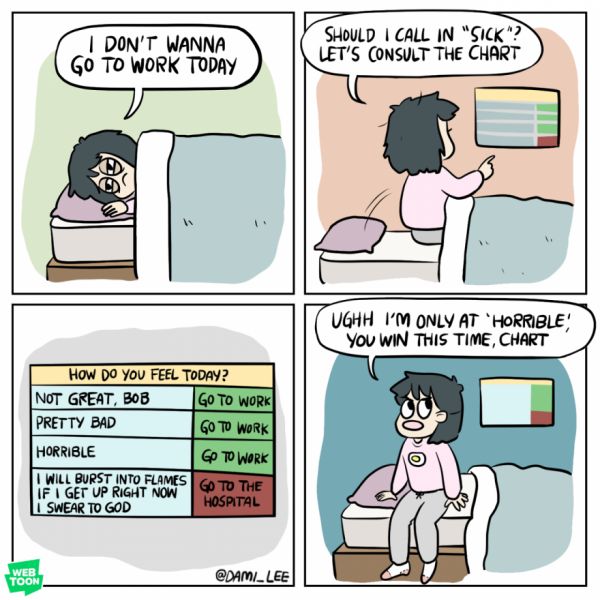
Physical health problems must be hidden to survive sometimes too. While working hourly or for tips, I had to take my DayQuil/Tylenol cocktail and power through shifts all the time. Running to the bathroom to blow my nose or have a coughing fit in between customer interactions was a necessity if I didn’t want to be sent home and not make enough to pay rent.
Waiting tables on an empty stomach, hoping someone sends their dish back so I can have lunch that day isn’t something you can let your boss know about.
Anyone who saw me warning against rushing back to eating in restaurants during COVID should know that wages for food service workers have not improved since then, while cost of living has continued to rise.
The first several years after I finally got a job with health insurance were mostly spent recovering from the years when I didn’t. I was far from alone in this. Many of the people I worked alongside did the same things, and possibly still don’t have decent healthcare today.
We maintain the illusion of a just society for the comfort of the tiers above us. We’re told that if we work hard and don’t let our depressing realities out of the bag, maybe we’ll someday be as #blessed.
Muted Emotions
Suppressing emotions is ingrained in us from the moment our cries are shushed as our parents drop us off at daycare/school for the first time. Universal, yet oft-forgotten in adult life.
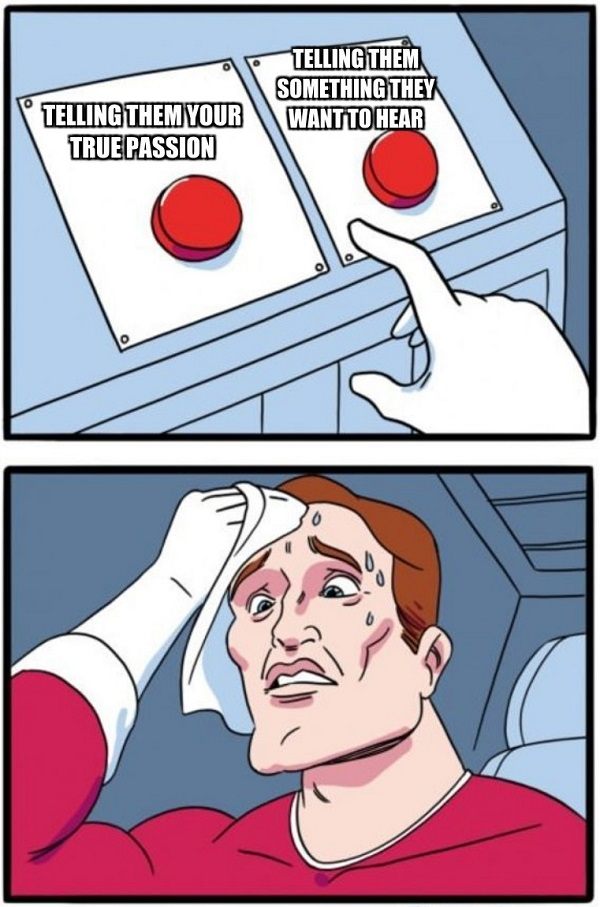
Masculinity seemed to push this suppression harder, but not as much as I once thought. Women in my life have similar experiences for different emotions. As a masculine-presenting human, I’m supposed to show anger, coldness, dominance, and aggression, and am often expected to perform them at greater volume for certain circumstances.
Feminine folk have to inordinately perform nurturing, patience, submission, and sympathy whether or not they feel it. These feel easier for me than anger or aggression, but I still wouldn’t want them expected of me. All of us are punished if we don’t adequately perform the right set.
We’re all dancing for someone. Our emotions can be inconvenient for our parents, teachers, bosses, and governors so we’re conditioned to bottle them and deal with them later on our own time. Meanwhile they’re more than happy to demand we perform the passions and emotions they want for their needs.
Crumbling Dams
Floods returned to me while writing recently. Movies and breakups were the only places I cried for a long time, yet suddenly I’m a big fucking baby again.
No. Stop that.
Why trivialize my own emotions? These feelings are real, and may be a beacon to greater truth. Shoving them down has taken me farther away.
Sobbing while digging into previously neglected portions of my mind. Going mad or making breakthroughs? Feels like the latter so far, so let’s all stick around and find out together!
The Reality Between
My résumé of great roles may be epic, but those interactions weren’t my most cherished. My impossibly long list of incredible real experiences recurrently flow through my mind. Their importance magnifies as I discover who I am, and unlearn who I’m not.
Our first kiss. Screaming in the middle of the night until neighbors complained. Times when our faith in each other worked out despite the odds. Both crying with a wall between us. Cooking loving meals together. Sharing our secret desires and fears. Sheltering each other from our worlds as they collapsed around us.
No label can tarnish the gleam of those moments.
Shiny new labels I use to describe myself don’t retroactively change me. Whether I was hiding or confused, I’ve tried to share where I was in my process with varying degrees of success. And I aspire to continue working through my unpublished self.
Fleeting Doubt
My parents didn’t contact me immediately after I shared my last article. They weren’t among the dozens of Likes, Hearts, and other internet dopamine points my posts received. While they were talking to me about everything else going on, still this felt like an elephant in the room inside my overthinking brain.
I knew they weren’t going to stop loving me for coming out or talking about my body the way I did. It must be difficult for the people who’ve known me longer than anyone to hear much of this for the first time. They weren’t there as I processed it almost every night for weeks writing, and instead got all of those emotions at once.
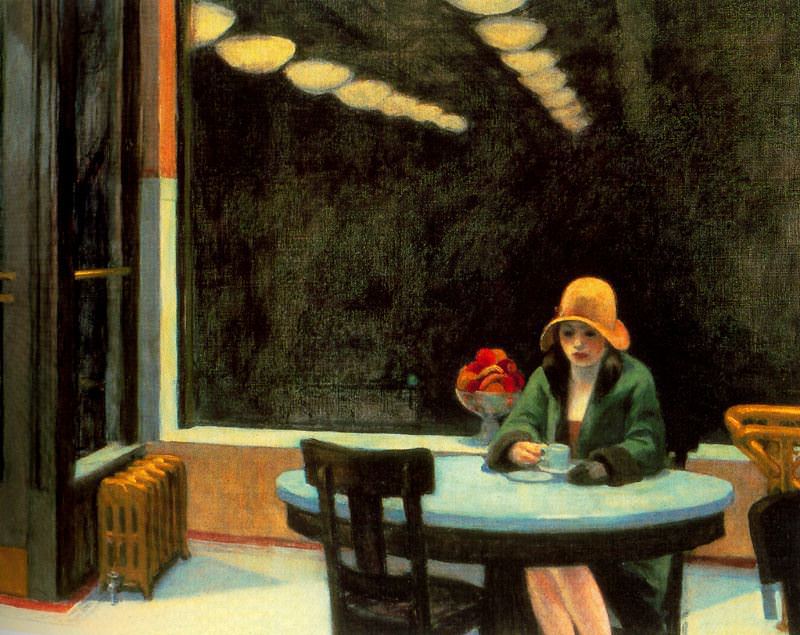
Of course I’m lucky to have the parents I was dealt. Gratitude practice has helped me with my emotional drops, and my parents have provided me with many reasons to be grateful. When we finally spoke a few days later, it was no big deal. I know how common it is for parental love to be conditional on their children’s identity and performance, so I don’t take this love for granted.
Memories
I don’t know how accurate my literal recollection of anything before my 20’s truly is. Feelings they bring forth give me some barometer of their truth. Fissures branch between my childhood memories, yet a few have stood out recently.
Dress-Up
One Halloween while I was in middle school, a boy in my class dressed up as Carmen Miranda. I’d seen Monty Python and Bugs Bunny dress up as women for laughs before, but I’d never seen someone I know in real life do what I would now call gender play. I was fascinated.
Later in high school, I paired up with a friend to dress up as Monica Lewinsky and Bill Clinton. It was so fun to shop for a blue dress and shoes at the thrift store and get the perfect wig at the costume store.
Sadly, I was unable to find a photo. Rest assured we looked fantastic. We won the annual group costume contest but for some reason didn’t make it into the yearbook. Perhaps the mayonnaise-stained dress was a bit much? 🤔
I hated the makeup part. No matter how hot I think eyeliner is, I find it so uncomfortable to have those substances near my eyes. Especially considering it smudges and fades throughout the evening and I have to re-apply sometimes. Ugh!
No Homo
I’ve had close male friends for my entire life. As a kid, we were affectionate; hugging, holding hands, and roughhousing without a care. Fear and defensiveness crept up on me. Each passing year it seemed like more was stripped away from my friendships with other boys.
Sleepovers stopped including cuddling. Rolling around on the grass together had to include play violence or it wasn’t cool anymore. Soon the shorts I wore were too short and my shirts weren’t loose enough. Getting caught passing a note to my friend got us jumped for being fags after school.
A football friend swore me to secrecy after telling me he did ballet. He was brilliant at it and loved it, but couldn’t let anyone know.
My early college years continued to have close, affectionate male friendships, though at some point anything nice we’d say to each other had to be followed by “no homo”.
I mourned these losses silently over the years. Being late to the party of what’s cool and uncool seemed to be my thing. Nothing about being a geek, nerd, pansy, queer, or fag was acceptable.
Now that I’m old enough to witness another generation following mine, I realize I was actually early to the party. A huge amount of confidence comes with realizing I was right all along about who I am, and what makes for real virtues and sins. The narrow hallways some assholes built before we were born is nothing if we simply stop attacking anyone who challenges them.
Most of my adult male friendships have felt cold and guarded. Occasionally I meet a cishet man I can be more open and warm with, but it takes longer to reach the intimate places where my female and queer friends can quickly arrive.
Killer Instinct
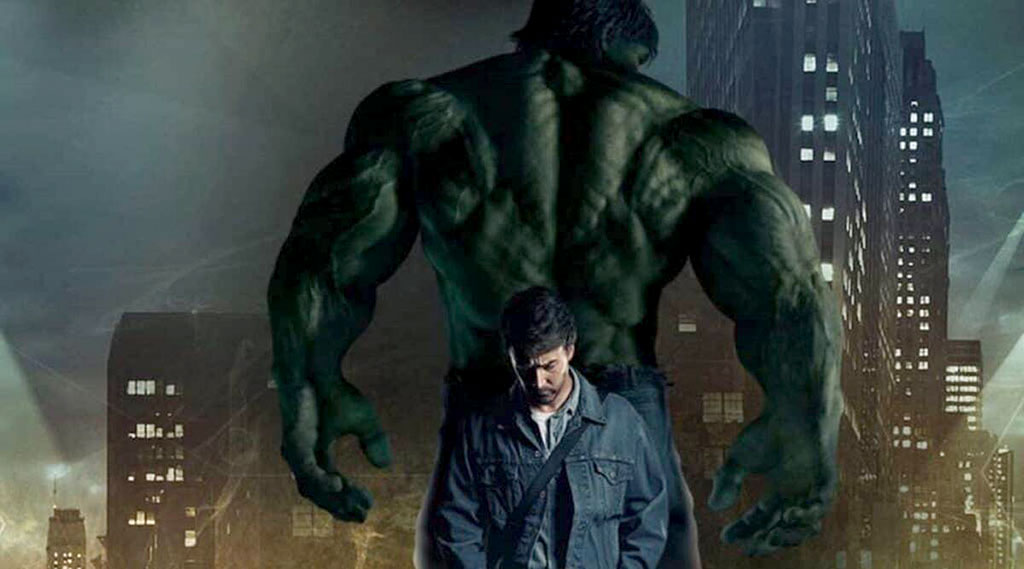
My football coaches sometimes preached to us about killer instinct. They’d say things like “imagine someone you hate“ when you hit someone. They weren’t allowed to instruct us to try to hurt the other kids we played with, but they treaded the line as closely as they could without saying those words.
Based on what we saw in the weight room, I was stronger than many of my teammates. Despite that, the violence they were able inflict upon me and other kids was greater than I could muster.
And I tried. After all, it was a limiter on my potential.
When we played against other schools, I had an easier time dehumanizing opponents in different color uniforms than I did in practice with my schoolmates. I did much better on Friday nights and Saturday afternoons (JV).
But all it took each game was for one person to get up a little shaky after I hit them, and suddenly my limiter was back on. Coaches would pull me out after a few downs thinking I was gassed.
I achieved little in football, despite my love of the game. I played a little bit in college and in minor leagues in Phoenix and Las Vegas, until I was taken off the field by a combination of injuries and the limits of my violence. This was something I couldn’t perform.
Romantic Dramedy
My first girlfriend was a cute, talented, kind girl who had a crush on me in elementary school. I don’t remember us doing anything physical except holding hands. We talked on the phone and that was fine with me. I didn’t want to kiss anyone then and I had no idea what the point of a girlfriend was, but she seemed happy.
Okay, so that probably shouldn’t really count as my first romantic relationship, but I think about it often in relation to my late-blooming feelings about romance and sex.
There were immediate benefits of course. Social pressures elevated us as cooler because we called each other boyfriend and girlfriend. We also felt a brief respite from being berated with homophobic slurs.
Defensive Strategy
Before I had a girlfriend, I hung out with close male friends whenever I could. My parents were at progressing stages of divorce over those years and we moved a few times, so I didn’t have a lot of control over where I went and how I spent my time. But around school, I spent my time on — often mischievous and deviant — antics with those friends.
Spending lots of time together combined with however I acted as a little boy and made impressions I didn’t understand. All I could tell at the time was I was perceived as the kind of different that made me lesser.
Having a “normal” relationship other kids knew about was nice, but it’s unfair to treat someone as a utility. Being treated like a “normal” kid was high on my list of reasons I went along with that first relationship. I look back today and think I knew it felt wrong, even as a kid.
It’s easier to see what we got out of a relationship the more time that’s passed since.
Years later I learned my girlfriend was also teased for being gay before we got together. I don’t know if it’s any better if we both used each other. I wish we knew enough to talk about it at the time.
Using People
I frequently think about the utility my other relationships have had since. My ex-wife and I lived together because it made it possible for us to afford it. We fantasized about owning two separate houses on the same block someday, and I still find that an attractive option given the resources.
Would we have stayed together as long as we did if we weren’t both relying on each other?
And is there something wrong with that? Is this part of what relationships mean to people who aren’t rich?
If we were performing for each other in the midst of our relationships, I wasn’t aware of it. Seeing those details from the inside is difficult, and knowing how things ended can change our memories of what led there.
Coping with a relationship ending includes taking stock of where I was at the start versus where I am today. It’s hard not to be utilitarian in those moments, while avoiding dwelling on painful losses.
The Campsite Rule (for relationships)
Leave someone in better condition than you found them.
It’s hard to prove in any objective sense, but I believe I’ve followed this rule with my long-term relationships. I obviously don’t deserve full credit for the improvements in their lives, nor do they for mine, but at the very least it seems we overcame each other as obstacles eventually.
The Cost of Performing
Before I reveal anything abnormal about myself publicly, I’m skeptical authenticity will truly improve my life. Everything from social media influencers to corporate training courses tell us vulnerability leads to stronger relationships, nevertheless being honest with the world has cost me relationships and opportunities. I generally rationalize those relationships weren’t real in the first place since they were based on lies all along, but they’re still gone.
Each time I share something, I have to calculate if the unpredictable losses to my professional and extended social life are worth becoming closer and less guarded to people who like the real me. It may seem like I choose to share most of the time, but I’ve banked dozens of unpublished articles over the years. I’ve shared the content of them with few if anyone in my life.
Performing a Clean Break-up
My previous relationship was ending, and we weren’t telling anyone about it yet because we wanted our friends to keep treating us the same way until we moved away.
There were several benefits to taking it slow. Mourning a relationship ending with that beloved person by your side was a wonderful new experience. We had nights crying together cuddling on the couch I’d have had to do alone under normal circumstances.
“Y’all had the most mature break-up ever” (paraphrased)
something I heard from multiple friends
So… mission accomplished?
Grieving in Silence
When I got divorced we aligned on what we were going to say to friends and family before we told anyone, but there was only a short wait before we told everyone. It felt less like keeping a huge secret.
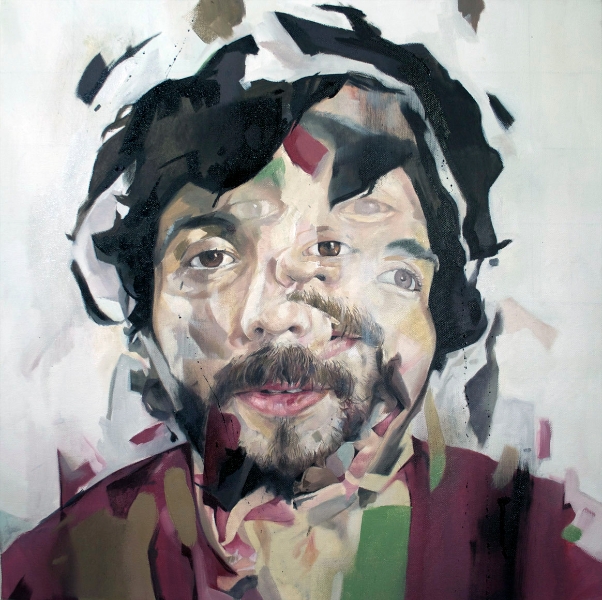
I couldn’t speak openly about it. I told my brother eventually, because I needed someone on the outside to talk to. Then I told my therapist, but she didn’t help much; mostly validated what I was doing as mature and healthy and telling me how great it is that I’m so self-aware about my feelings. I suspect I’ve been too good at performing for even her.
I told my parents a few weeks later, and began counting down the weeks for when the moratorium would end. Keep in mind: I, too, wanted this at the start. We agreed, so it’s not like I was pressured into a gag order. Nevertheless, the performance was harder to maintain than I expected.
Overlap
Part of my coping was downloading a dating app. I set myself to invisible and browsed a little, but spent most of my time working on my own profile. I updated everything I wrote 5 years prior. I reconsidered some answers and opened up more about my circumstances. Fuzzy boundaries I put in place so I wouldn’t scare too many matches away — like hedging on maybe being open to adopt a kid someday — were made perfectly clear.
I listed myself as non-binary and demisexual, coming out in public for the first time, even though no one could see my profile yet.
A week later, my soon-to-be-ex was talking to me at my desk when she saw an email hit my inbox from OKcupid. I absolutely should’ve told her about it beforehand. I was ashamed and cowardly.
My escape into a hopeful future where I wasn’t lonely hurt someone dear to me, and I still don’t think I’ve recovered the trust I lost that night. It doesn’t matter how benign the circumstances actually were. She deserved my trust to tell her what I was doing, including how I was coming out.
Two months later, we announced we were both moving out of our house into separate places and breaking up amicably.
I switched my dating profile to visible only to people I liked to avoid awkward matches with mutual friends, and I swiped sparingly. About a month later, I moved into my new place and she moved to hers.
Moving On
Four months after we decided to break-up and a week after we moved, I went on a first date. She and I had been chatting for a few weeks. Unlike others on the app, she was patient with me not wanting to meet until after everything was finished with my ex.
I had two other first dates that weekend and neither of them felt fruitful, but it was nice to be able to hang out with new people. My post-vaccine waiting period was finally done, so taking long outdoor walks and talking to strangers was new again.

It was a brilliant coincidence that the first person I went out with turned out to be an incredible match. She was fully accepting of my true identity, and encouraged me to open up about it to others. Our chemistry has been unreal, and I believe dropping my veil has allowed me to experience something incredible.
Rather than diverge this article into a full-on love letter, I’ll leave it at this: If I could choose better timing for all of these things to take place without changing anything else, I absolutely would. I can’t though, and there is no way in hell I’m not drinking in this rare and beautiful experience while I can.
When I considered pretending we weren’t together until a few months had passed, I thought about my unpublished article and shut down the PR machine instead.
Fallout
It’s wonderful when our friends and acquaintances cheer us on and support us in moments of change and self-discovery, but the closer we are to someone the more weight those reveals can have for them.
I’m sorry to those who have to adjust because of the changes I’ve made recently. If it were possible for me to understand and live fully as myself since the beginning, I would’ve done so.
The knots in my stomach will eventually untie themselves. I must be at least as patient with my loved ones as they’ve been with me.
Lights Down
The unpublished alienation article was going to talk about how performing parts of a relationship for social reasons can be good and bad, but since then I’m leaning toward bad.
[Deleted Tweet: https://twitter.com/EmeryLeeWho/status/1396620313027170304?s=20]
Though there will certainly be more performances in my future, I’m setting a few goals:
- As few performances as possible.
- Work toward zero performances for friends and family, and let go of those for whom I don’t feel I can.
- Create safe spaces for others to drop their performances around me.
- Build the courage to bring my identity with me in my career, and take ownership of my stories to aid in bringing greater inclusivity to fashion and marketing.
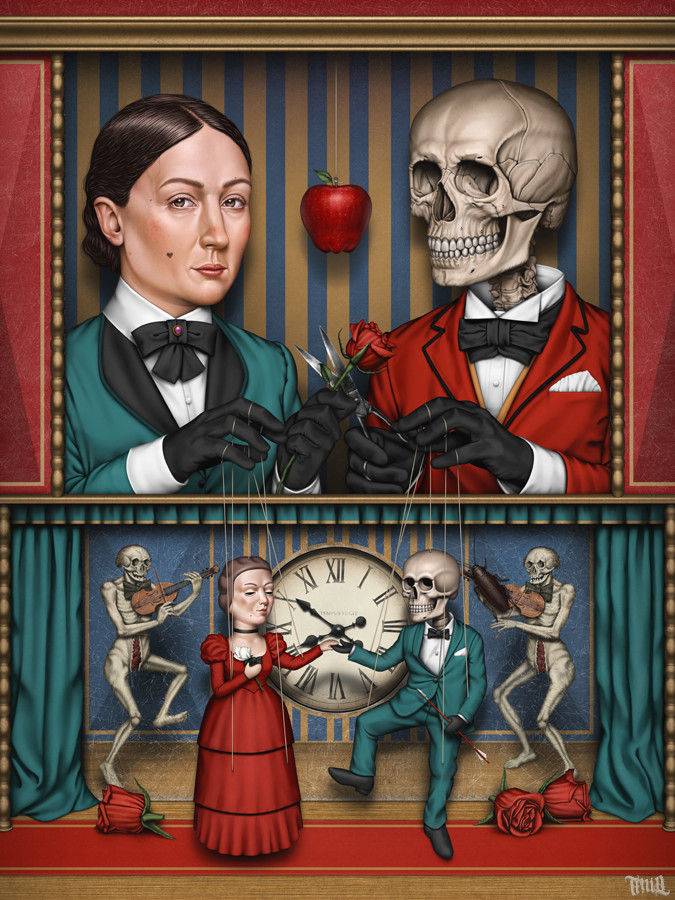
The world is full of Ted Haggards and their kind, who lie to themselves so fiercely they destroy thousands of lives. Not just those of us who felt the need to hide, but also unfulfilled people who walked the narrow hallway without question only to later resent those who chose differently. Continuing to force ourselves to perform out of fear and self-hatred can turn us into monsters.
Being different is a given. Being unique isn’t special, yet we’re taught to hide it anyway. Terrified as I may be to face the monsters, I have friends who choose the hard path every day and can’t hide behind passing white/cis/hetero/male like I can. Their bravery makes me feel safe enough to try and do a fraction of the same.
Curtain
